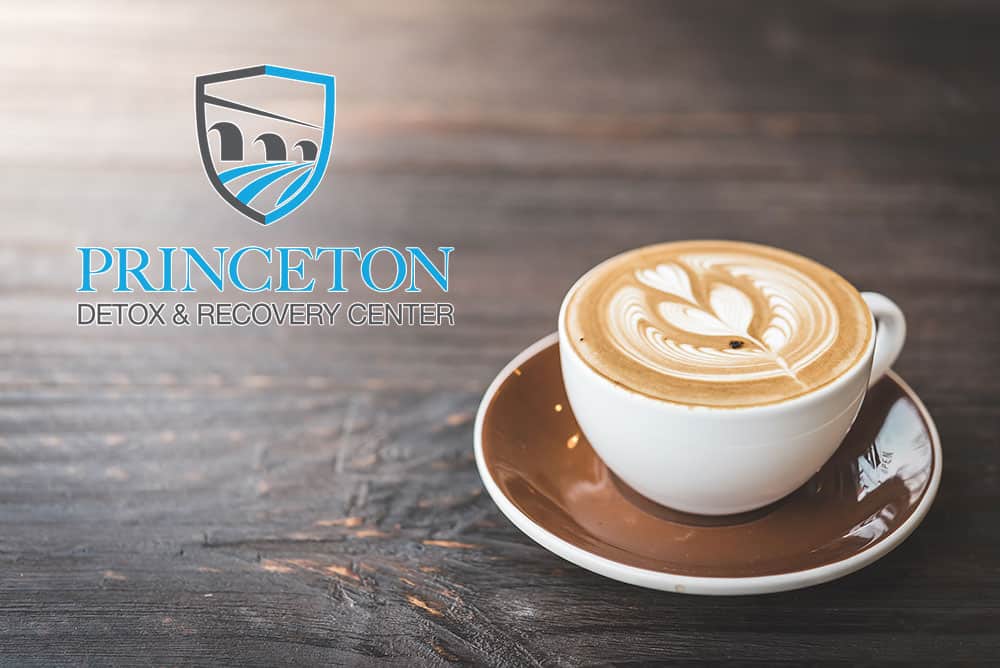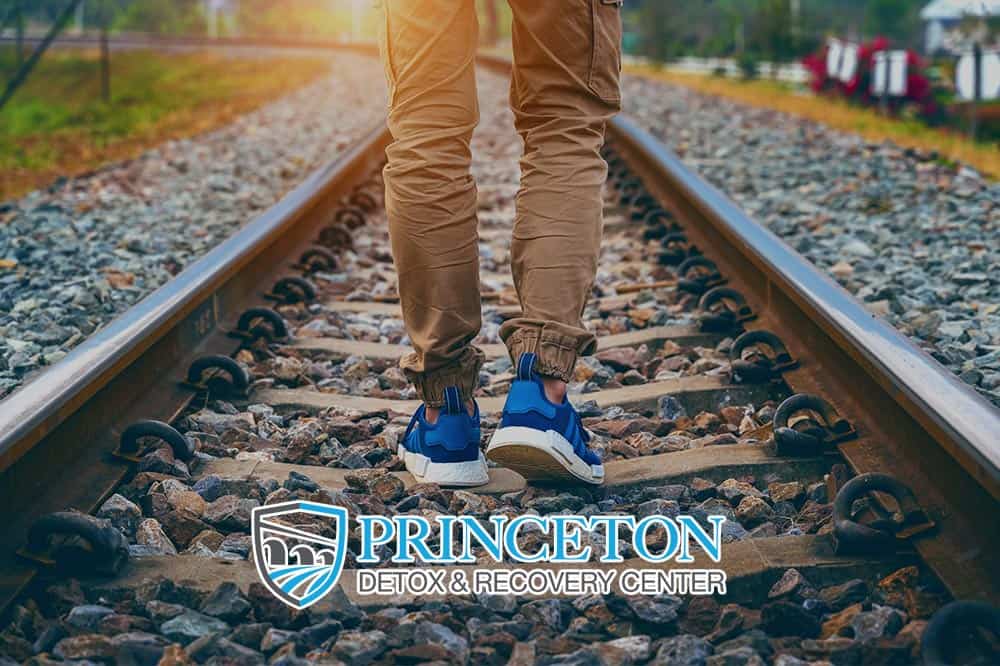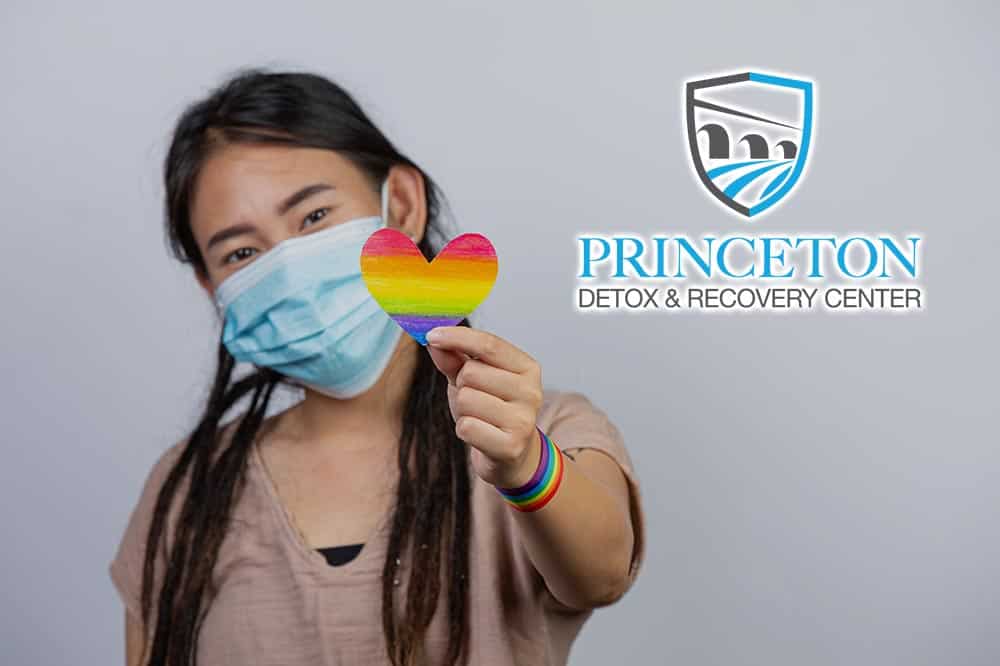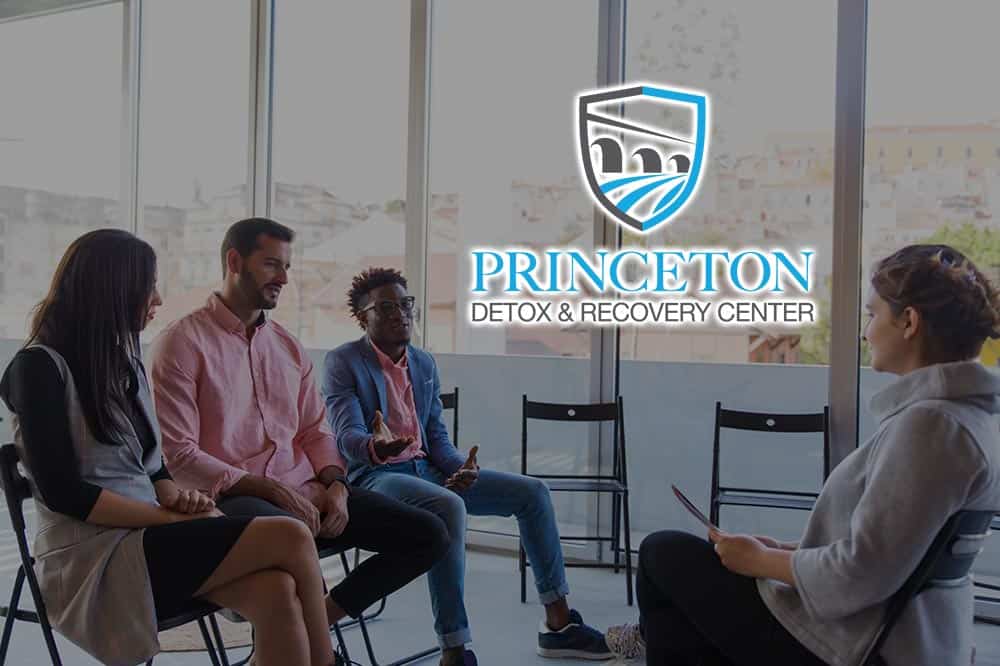Stale coffee is as much a staple of Alcoholics Anonymous as celebrating sober anniversaries and warmly welcoming the newcomers. In fact, there have actually been numerous scientific research studies conducted on this very topic. In 2008, ABC News published an article that included extensive research conducted by Vanderbilt University during a study that focused on how much coffee AA members actually drank on a day-to-day basis. The study found that out of the 1 million members of Alcoholics Anonymous that join the program on an annual basis, almost all of them (slightly over 90 percent) reported drinking coffee daily or near daily. There are many reasons why recovering alcoholics consume coffee to such a degree. Not only is coffee served at most 12 step meetings across the country, but many individuals report drinking it for its stimulatory effects and because it “makes them feel better and helps them concentrate and be more alert.” If you are in recovery and you currently drink coffee, you might be thinking to yourself, “Why on God’s green earth would I even consider quitting caffeine?” If this is you… carry on. If you have absolutely no desire to quit caffeine, there is really no reason to do so. It is recommended that men and women who are new to sobriety avoid making any major changes within their first year in the first place – and this includes quitting chemical substances like nicotine and caffeine – substances that are not “healthy” for all intensive purposes, but substances that will certainly not trigger a relapse.
Remember, prioritizing your sobriety is essentially your only job during the first year of your recovery. As you work through the 12 steps of Alcoholics Anonymous with a sponsor, attend meetings on a daily basis and do whatever else is necessary to continue along the right path, it is best not to add any unnecessary stress.

Quitting Caffeine in Early Recovery
If you do decidedly want to give up caffeine, it is certainly better to do so slowly, over time than in one fell swoop. Quitting caffeine cold turkey (especially if you drink a fair amount on a daily basis), can actually result in a range of mild or moderate – but excessively annoying – withdrawal symptoms. Striving for complete abstinence is always a good idea, but if you can’t make it through the morning without a hot cup of joe, try not to sweat the small stuff and commit to laying off the caffeine once your sobriety is stable and has been intact for at least a full year.
If you feel you are ready to give up caffeine altogether, or you have been instructed to do so by a healthcare professional, we have compiled a list of 8 beneficial tips that will help you quit caffeine long-term.
8 Tips to Quit Caffeine Long-Term
- Try switching the type of caffeine that you ingest on a daily basis – For example, if you tend to chug two Monsters first thing in the morning, try switching to something with lower caffeine content – like a cup of coffee or black tea. This will allow you to effectively taper down without giving up caffeine cold turkey. Additionally, there are actually some health benefits that go hand-in-hand with drinking a cup of black coffee. This is not true of Monster or other chemical-ridden energy drinks.
- Begin writing out a list of all the ways in which giving up caffeine has improved your life so far – For example, make a note every time you decide to skip out on your morning Starbucks. add up how much money you have saved over the course of a week – you might be shocked to find that you have an extra $40 in your pocket come Friday.
- Find a substitute that you thoroughly enjoy – Maybe you try exploring all of the different artisanal seltzer waters in your local grocery store, or maybe you decide to invest in a variety of fun and tasty teas. Having a replacement beverage that brings you some level of satisfaction is always a good choice – you want to do everything you can to avoid feeling deprived.
- Try your hand at decaf – While decaffeinated coffee generally makes zero sense to those who have a high tolerance for caffeine in the first place, switching from regular to decaf is an ideal option for those who want to give up caffeine but still enjoy the taste of coffee. There are even decaffeinated espresso options if you want to get really crazy with it.
- If you drink more than one cup of coffee or more than one energy drink on a daily basis, switch out one of these beverages for something that doesn’t contain any caffeine – For example, after drinking your first cup of coffee in the morning, replace your second cup with herbal tea. Gradually reducing your intake is often far more beneficial than attempting to quit cold turkey.
- Focus on whitening your teeth – Some studies show that individuals who focus on whitening their teeth as they give up coffee have greater success levels long-term. Invest in some whitening toothpaste or another tooth-whitening product, and remember that enjoying multiple mugs of coffee or tea will set back your progress.
- Allocate the amount of money you spend on caffeine first thing in the week – For example, budget yourself out $10 total to spend on caffeinated beverages throughout the week. This might look like one coffee drink at your favorite local shop and two energy drinks – no more, no less. Over time, allocate less and less money to your caffeine habit.
- Drink water! – Drinking as much water as possible will keep your body hydrated and help your internal organs detox effectively. Drinking enough water will not only reduce the symptoms associated with caffeine withdrawal, but doing so will help eliminate psychological caffeine cravings.
Ready To Begin Your Detox?
Don’t let addiction control your life.
Call us today and let’s get you started on the path to a better you.
Pros and Cons of Quitting in Early Recovery
Pros of Quitting Caffeine in Early Recovery:
- If you quit drinking caffeine, you will not rely on any chemical substance to help you make it through the day
- Quitting caffeine will help reduce anxiety – if you have been feeling excessively anxious, caffeine may be to blame
- Eliminating caffeine from your diet completely will help you get a good night’s sleep every night – especially if you tend to drink coffee or energy drinks rather late in the day
- Those who do not drink caffeine have an easier time absorbing nutrients like iron, calcium and B vitamins
- Coffee is known for staining teeth – those who give up coffee generally have whiter teeth and less enamel wear and decay
- Caffeine actually has a known effect on mood, and giving up caffeine all together can help balance your brain chemistry – which has likely been thrown off immensely by years of active addiction
- Once you give up caffeine, you will not experience minor symptoms of caffeine withdrawal like headaches, fatigue and difficulty concentrating
- If you are the kind of person who hits up the Starbucks drive-thru everyday before work, drinking caffeine on a daily basis likely has a financial impact – those frappuccinos certainly do add up
Cons of Quitting Caffeine in Early Recovery:
- You will undeniably experience some side effects, including irritability, difficulty concentrating, headaches and fatigue. According to an article published by Healthline, some additional symptoms of caffeine withdrawal include body tremors, a depressed mood, anxiety and low energy levels.
- Many individuals truly enjoy having a warm cup of coffee first thing in the morning – giving up caffeine can throw off someone’s entire routine, which can lead to a spike in irritability.
- There are actually some health benefits linked to drinking coffee on a regular basis – some studies show that those who drink coffee have a lower chance of developing Parkinson’s Disease or having a stroke, for example.
- Attempting to make a major change during the first year of your sobriety, like attempting to give up caffeine entirely, can lead to unnecessary stress and can actually serve to be a relapse trigger.
Princeton Detox & Recovery Center
Comprehensive Clinical Care
Princeton Detox and Recovery Center offers men and women of all ages the opportunity to thoroughly heal an ineffective, multi-phased program of addiction recovery. While we do allow our clients to drink caffeine, we encourage them to work towards complete abstinence from all mood altering chemical substances as soon as they feel up to doing so. For more information on our recovery program or for more early recovery tips, give us a call today at (888) 693-1769, we are available to help you 24/7.

Reviewed for accuracy by:
Amanda Hilzer M.Ed, CAADC, IADAC, ICCS, LCADC, CCS
Amanda graduated from Lehigh University with both an undergraduate degree in Psychology and a Master’s of Education degree in Counseling Psychology and has worked in the field of substance use disorder treatment and mental health treatment as a counselor and as a clinical manager for over 14 years.

































